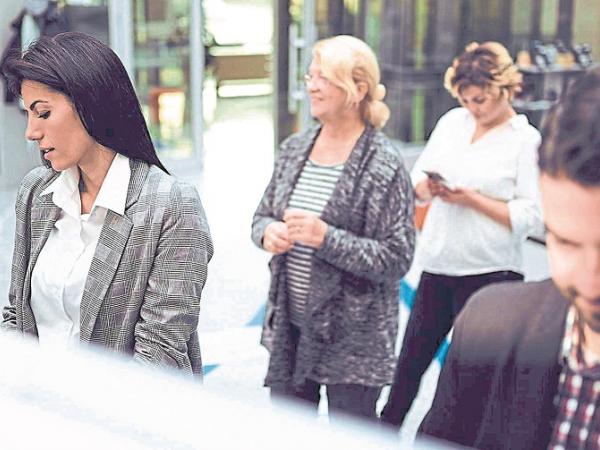
The Minister of Education, Raúl Figueroa celebrated the new Transition Test (PDT) that will take place from 2022, which students will be able to take twice a year.
“In July 2022, a Winter Transition Test will be given for the first time, which will allow students who graduated from the fourth year to take their tests in the middle of the year in winter or in December, as is traditional,” he said.
Later, he added that this is “the result of the work between the Undersecretariat and the Access Committee, we are in a position that starting in 2022, fourth year graduates can take the Transition Test twice a year.”
Faced with the measure, the rector of the University of Santiago (Usach), Juan Manuel Zolezzi, who is also executive vice president of the Council of Rectors of Chilean Universities (CRUCh), said that “it seems to us good news that students have the possibility of taking the Transition Test twice “.
Cristhian Mellado, rector of the Universidad Católica de la Santísima Concepción, said that the fact that “future students have a new opportunity to take the test will undoubtedly allow them to have more options to obtain a better score that allows them to apply for the careers they want. I see it in a very positive light. “
“More structural” modifications
The Commons deputy, Camila Rojas, highlighted this modification to the PDT, but added that it is necessary to make modifications to the system that “are much more structural.”
“There are several studies that indicate that the stress of taking standardized tests affects students from vulnerable sectors and women to a greater extent. Taking two tests reduces stress and, on the other hand, creates more opportunities for students less familiar with the systems of entry to higher education, such as those from technical-professional establishments ”, he added.
However, the system of standardized tests, in the opinion of the deputy, “produces and reproduces inequalities” and to face this problem, “it is necessary to strengthen public school education and generate instruments that contribute to fair access to higher education ”.















